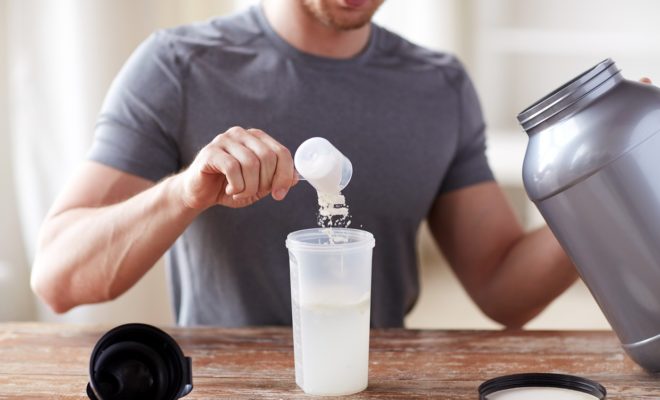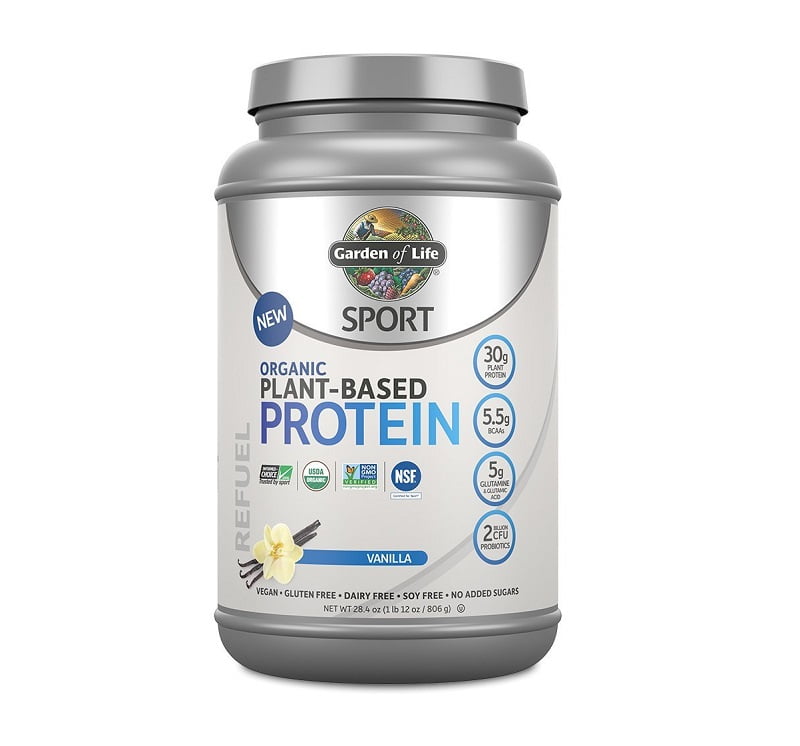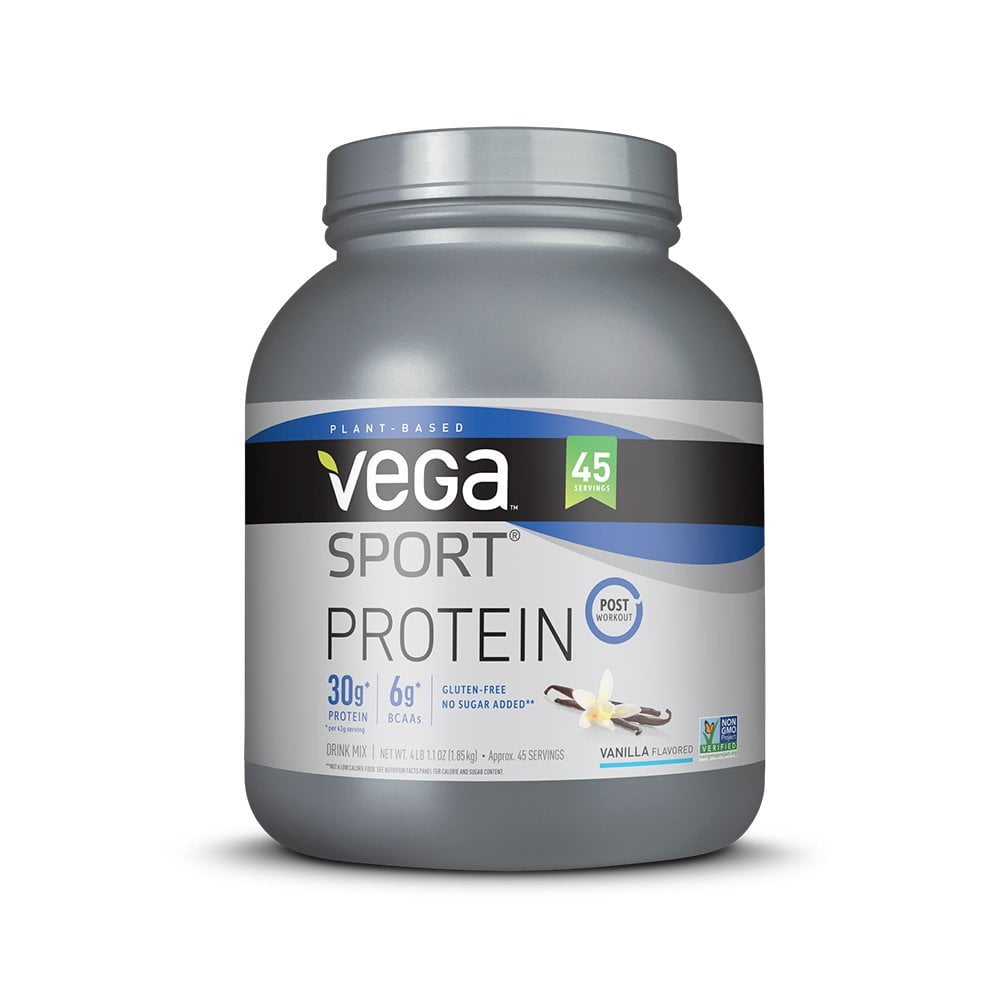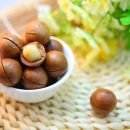Top 3 Vegan Protein Powders for Strength & Muscle Gains

When it comes to supplementing with protein powders, there’s a reason why many individuals choose plant-based products over whey or dairy-based proteins. There are actually several reasons and a number of which go beyond traditional vegan morals of not consuming animal products.
From having a high concentration of vitamins and nutrients to feeling lighter and less bloaty after consumption, the reasons that support vegan protein powders are vast. But when it comes to building strength and muscle mass, there’s a strong case that supports using whey protein. The argument is rooted in the core element that defines the quality of a protein, and that is amino acids.
Whey and other animal-based protein sources have an advantage in terms of amino acids. Almost all whey protein powders are naturally a “complete protein” in that they contain all essential amino acids. The same goes for eggs and most forms of meat. A high concentration of essential amino acids, particularly branched-chain amino acids or BCAA’s (which are leucine, isoleucine, and valine) is vital for muscle growth and repair.
In the realm of plant-based protein sources, only some plants naturally contain all essential amino acids (i.e. hemp, soy, and quinoa). This requires the right combination of plant-based protein sources to achieve the optimal balance of amino acids. Fortunately, several product manufacturers have responded to the demands for such blends, and as result, it’s now pretty easy to find vegan protein powders with high concentrations of amino, including BCAA’s.
However, despite there now being a plethora of plant-based protein powders that contend with whey, some vegan products are far superior to others. So below, we review three of the top vegan protein powders designed for strength gains and muscle mass. In addition to nutrition and amino acid profile, we also take into consideration the taste and overall cost of each product.
Table of Contents
#1. Garden of Life Sports Organic Plant-based Protein
Garden of Life Sports Organic Plant-based Protein (which we’ll refer to as “Garden of Life Sport”) is USDA-certified organic, Non-GMO Project verified, NSF Certified for Sport, and contains no added sugars. In addition to providing a massive 30 grams of amino-rich protein per serving, Garden of Life Sport contains 5 grams of l-glutamine, 2 Billion CFU of probiotics, and an antioxidant blend with organic turmeric, organic tart cherries, organic goji berries, organic apples and organic blueberries.

In terms of amino acids, a single serving of Garden of Life Sport provides 5,502 mg of branched chain amino acids (BCAAs) and 11,939 mg of essential amino acids (EAAs). There are few vegan protein powders that contain more amino acids per serving, so it’s one of the best options for high-level athletes.
Garden of Life Sport comes in two flavors: vanilla and chocolate. Although it does contain organic Stevia leaf extract, the level of sweetness is very low-key and there isn’t a lingering Stevia aftertaste. Both the Vanilla and Chocolate have an underlying mellow flavor that’s smooth and pleasant. Unlike other Stevia-based protein powders (that are typically very intense and overly sweet), Garden of Life Sport is modestly sweet and very well balanced.
Garden of Life Sport is about average on price spectrum of “sport/performance” protein powders. You can typically find a standard 1lb 14oz tub (with 19 scoop servings) priced in the high $30’s to low $40’s range. In the grand scheme of plant-based protein powders, this may seem a little high for only 19 servings. But when it comes to a great tasting option with athlete-minded ingredients, the cost is quite reasonable.
#2. PlantFusion Complete Plant Protein
Free of soy, rice, gluten, and GMOs, PlantFusion Complete Protein is a USDA-certified organic protein powder that uses open-book food manufacturing processes. Like Garden of Life Sport, it’s equipped with 3,600 mg of l-glutamine and a strong amino acid blend supported by 21 grams of protein (per single scoop serving).

PlantFusion Complete Plant Protein has 4,675 mg of BCAAs and 9,185 mg of essential amino acids (EAAs). While this is the lowest of the protein powders in this review, keep in mind that the other two products suggest 30 grams of protein per serving and fewer servings per tub. PlantFusion Complete Plant Protein also contains 4 grams of naturally-derived sugar (fructose), which is a healthy source of glucose that aids in muscle recovery. It’s also infused with a proprietary enzyme blend that contains bromelain, alpha-galactosidase, and other naturally occurring enzymes. This blend helps support digestion while the bromelain helps fight inflammation.
In addition to the 4 grams of sugar, PlantFusion Complete Plant Protein also contains Stevia leaf. It’s fairly sweet on the tongue but is balanced in the sense that it’s naturally sweet. The Stevia is subtle and there is no lingering aftertaste. The powder itself is extremely fine, so it blends smoothly into anything from smoothies to oatmeal. Overall, PlantFusion Complete Plant Protein has a smooth and pleasant flavor that’s better than most vegan protein powders.
PlantFusion Complete Plant Protein is slightly better than average on price spectrum. You can typically find a 2lb tub priced around $30, sometimes less. But given the fact that you get 30 total servings (at 21 grams of protein per serving), this high-caliber protein powder is a great value.
#3. Vega Sport Protein
As one of the most popular vegan protein powders packing a whopping 30 grams of protein per serving, Vega Sports Protein is a simple yet amino-rich blend that contains only one gram of sugar and no grain. It’s a performance-minded product that’s loaded with 6 grams of l-glutamine, 1 billion CFU of probiotics, and an anti-inflammatory blend that contains tart cherry, bromelain, and turmeric.

In terms of amino acids, it’s the highest among all vegan protein powders on the market with 6,489 mg of BCAAs. If your body composition goals are building muscle mass, or perhaps you’re looking to optimize athletic recovery, then Vega Sports Protein is one of the best options. However, despite it being non-GMO Project verified, it is not organic.
Vega Sports Protein comes in vanilla and chocolate flavors, which are both sweetened primarily with Stevia leaf. In turn, both products are very sweet and have a much stronger flavor than the latter two product reviews. But fortunately the flavor is quite delicious and smooth, so the intensity can be welcoming in otherwise minimal applications, such as oatmeal, pancakes, or vegetable-dense smoothies. However, with smoothies heavy in tropical fruits, it may be a bit much.
Compared to all plant-based protein powders, Vega Sports Protein is slightly on the higher end of the spectrum. But compared to similar products in the sports/performance division, it’s very reasonably priced. You can usually find a 1.8lb tub priced under $40 online, perhaps slightly higher at local retailers. All in all, Vegan Sports Protein is the great product that offers a massive bang for the buck.
Last Word on Vegan Protein Powders
While these three vegan protein powders are beyond suitable for strength and muscle gains, there are many other products that can fit the bill. New and innovative plant-based protein powders are constantly popping up in the health supplements marketplace. Some are boutique brands that are quite expensive, but they can offer a premium level of nutrition and purity some consumers advocate. So now that you’re familiar with what is popular and what to look for plant-based protein sources, you can make better purchasing decisions that align with your fitness goals.
About The Author:
 Tyler is an experimental athlete and nutrition junkie passionate about plant-based recovery. Exploring a new path of strength and endurance coaching, Tyler enjoys writing training programs and exploring new approaches to optimize performance. He blogs at VeganProteinPowder.reviews and BetterTriathlete.com while staying social on Facebook, Twitter, Instagram, YouTube, Google+ and Pinterest.
Tyler is an experimental athlete and nutrition junkie passionate about plant-based recovery. Exploring a new path of strength and endurance coaching, Tyler enjoys writing training programs and exploring new approaches to optimize performance. He blogs at VeganProteinPowder.reviews and BetterTriathlete.com while staying social on Facebook, Twitter, Instagram, YouTube, Google+ and Pinterest.










